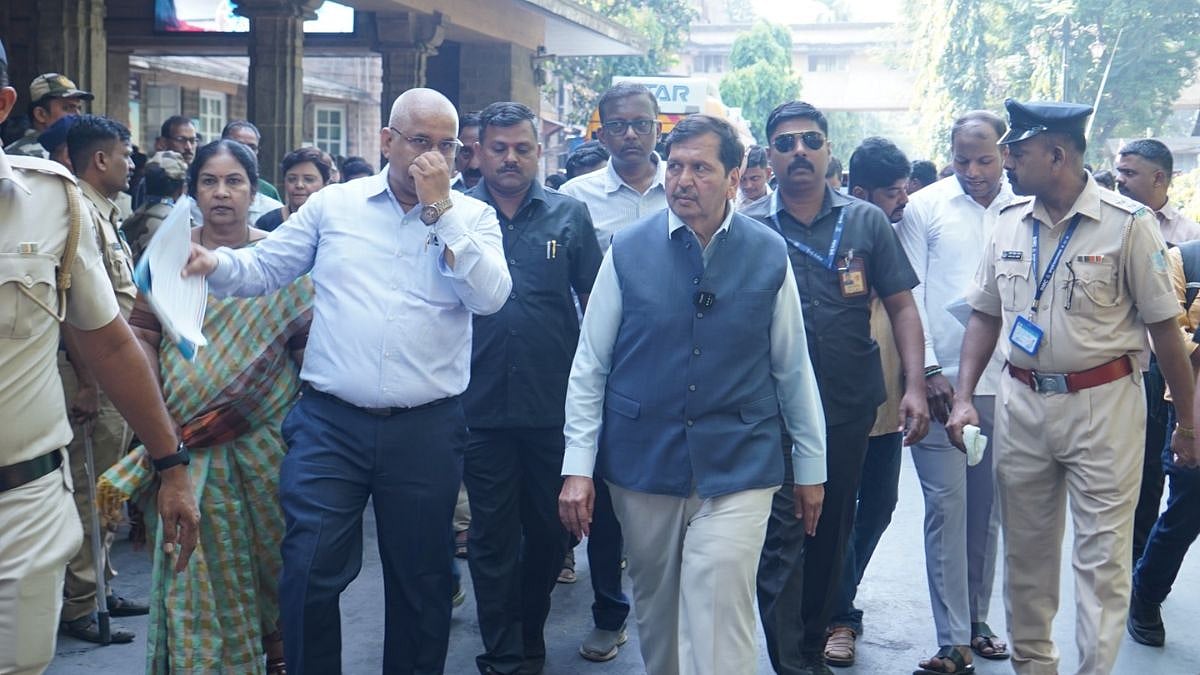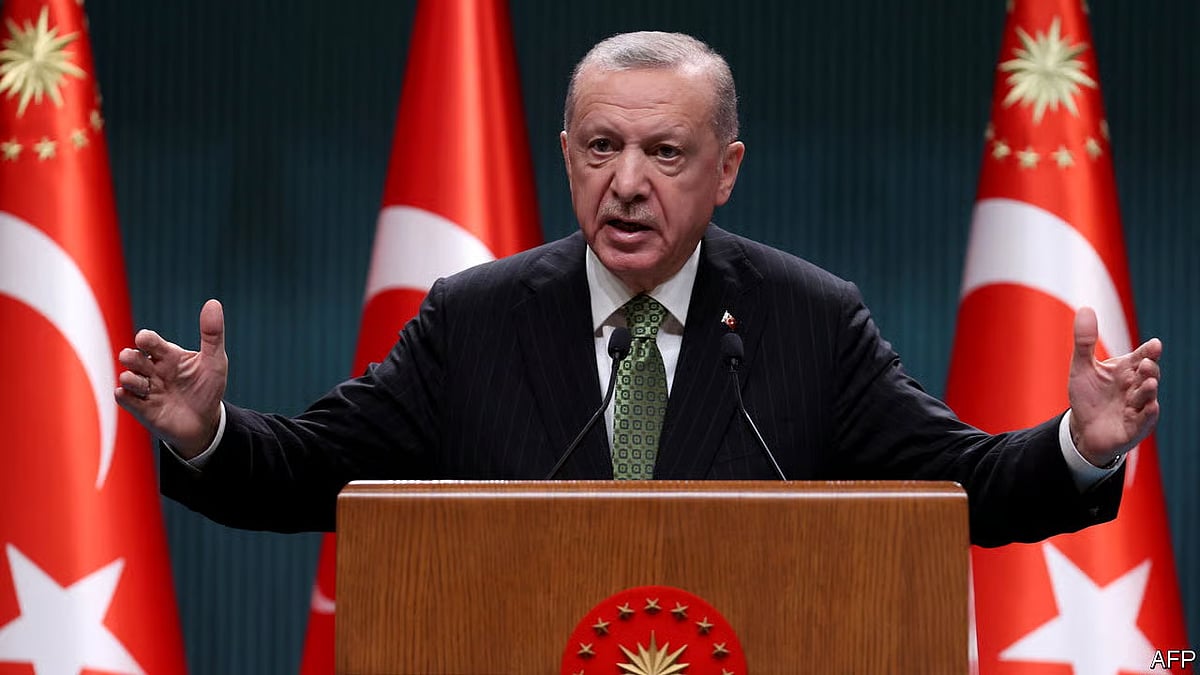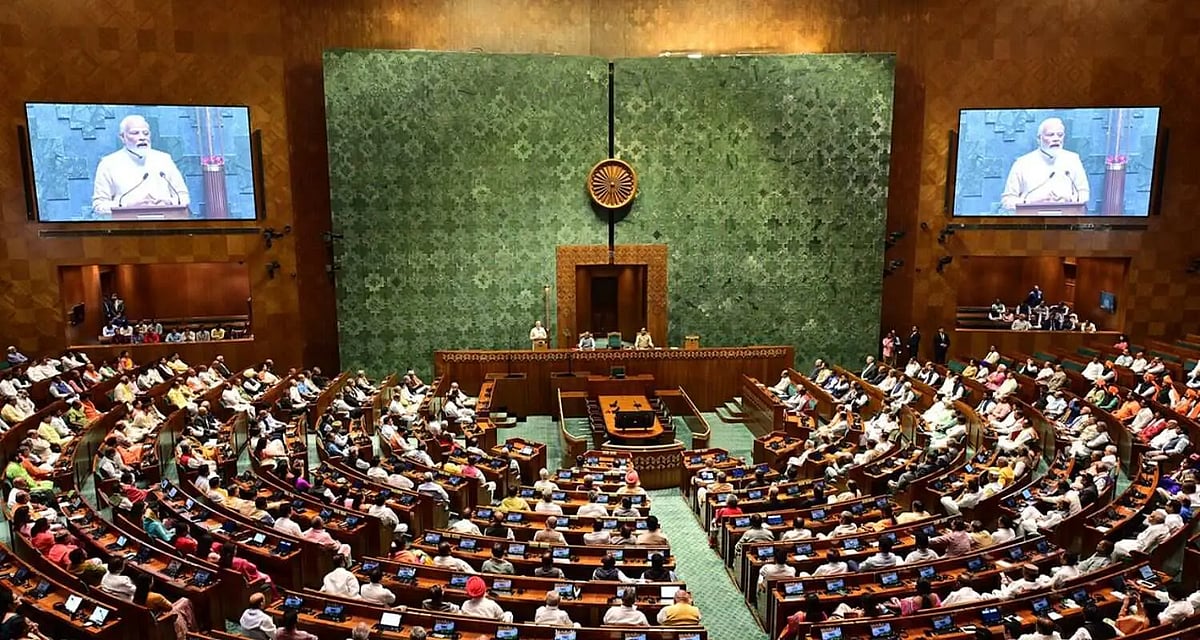What we need to remember is that in India, those who worship the gurus in the Hindu, Sikh and Buddhist traditions are basically following the same impulses that defined the canonisation of Mother Teresa by the Vatican. Yet, catch a secularist admitting that the impulses are common and that faith and religiosity continue to define India, as it has done for thousands of years.
I am pleasantly surprised that no loudmouth politician has yet issued a statement suggesting that the beatification of Mother Teresa constitutes a global recognition of India’s secularism, or something to that effect. Is this because the formal elevation to sainthood by the head of the Roman Catholic Church is something people are either unfamiliar with, or perhaps equate with an ecclesiastical version of the Nobel Prize, albeit sponsored by the Vatican?
It is difficult to provide a credible answer to the absence of silly misreadings of what Mother Teresa of Calcutta (it was not Kolkata when she died) actually stood for and represented. But at least Indian discourse seems to have come a long way from the time of her death on September 5, 1997.
That Mother Teresa was treated and viewed as a saint in her lifetime is not in any doubt. I don’t know whether or not she performed the Catholic Church’s stipulated miracles to be formally canonised, but in the eyes of most Indians —cutting across faith — this lady of Albanian origin was definitely regarded as a holy woman, perhaps even someone worthy of worship. Part of this owed to her formidable international reputation that was based on her good works among the poor and the dying in a city, then at the peak of its fall from grace. But her local reputation stemmed undeniably from India’s abiding appreciation of men and women of faith, regardless of sectarian denomination.
Mother Teresa’s unflinching faith was central to both her self-image and her public perception. It was her moral and ethical anchor. And it was unequivocally Christian. To extricate Christianity from Mother Teresa and cast her as a humanitarian charity worker would have done her a serious injustice. Her personal faith drove her and defined her.
Yet, when she died 19 years ago, there was an unseemly rush to pronounce her a symbol of Indian secularism. I made myself thoroughly unpopular in some quarters by suggesting that such a description was a travesty. Mother Teresa was a woman of religion and even her secular acts of charity and compassion was guided by her belief that Jesus Christ was the saviour of humanity. Her religiosity epitomised the exact opposite of a secularism that seeks to snuff faith out of public life.
Indeed, at that time I found it remarkably odd that she should have been given a state funeral and her body taken through the streets of Calcutta in a gun carriage, with military solemnity. Mother Teresa, in my view, deserved a Christian funeral, nothing more or less.
These distortions were a consequence of the peculiar interpretation of secularism that was fashionable in the late-1990s, partly as a knee-jerk reaction to the demolition of the disputed shrine in Ayodhya in 1992 and the turbulence that followed in its wake. It was then felt that to honour this remarkable lady you had to hide the overtly religious dimension of her life and works or at least pretend it wasn’t there.
Thankfully the Vatican or, more precisely, the Christian world wasn’t persuaded. That she will soon be elevated to the highest level of Christian honour by the established Church is fitting. And we in India should celebrate this recognition as we do when we worship the series of saints and pirs in Indic faiths. Saint Teresa will belong in the pantheon of our own men and women who served God and, by implication, humanity.
Mother Teresa’s elevation to sainthood in the Vatican has been the subject of intense appreciation in India. The media covered the ceremony exhaustively and ridicule is certain to be heaped on her critics — and recall that they include individuals like the late Christopher Hitchens with greater international respectability than Mahant Adityanath of Gorakhpur. The Government of India has despatched a high-level delegation to Rome, as it should. Yet, there is an awkward question that persists in my mind. Would the bipartisan consensus over the latest, posthumous honour bestowed on Mother Teresa have persisted if a Hindu panth had chosen to elevate one of its stalwarts to sainthood?
The answer is likely to be marked by an extraordinary measure of awkwardness. Last week, for example, the BJP Government of Haryana faced criticism for inviting a Jain muni to address its MLAs in the Assembly chamber. I am no one to certify the credentials of the Jain muni whose lack of clothing raised eyebrows and occasioned mirth in some quarters. Would there have been similar expressions of disgust if, say, Mother Teresa had been asked to address legislators in the Central Hall of Parliament during her lifetime? Possibly not.
The double standards are apparent but this is not the occasion to press home the point. What we need to remember is that in India, those who worship the gurus in the Hindu, Sikh and Buddhist traditions are basically following the same impulses that defined the canonisation of Mother Teresa by the Vatican. Yet, catch a secularist admitting that the impulses are common and that faith and religiosity continue to define India, as it has done for thousands of years. Take our different commitments to God away and as a society, as a nation and as a civilisation, India will be nothing. Maybe it may take the Vatican to remind us of our inheritance.









